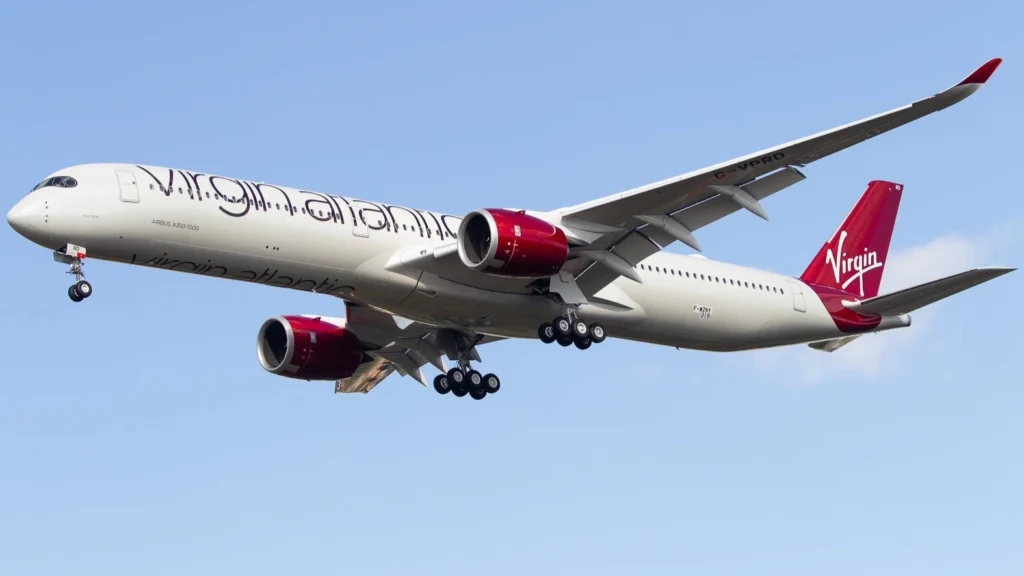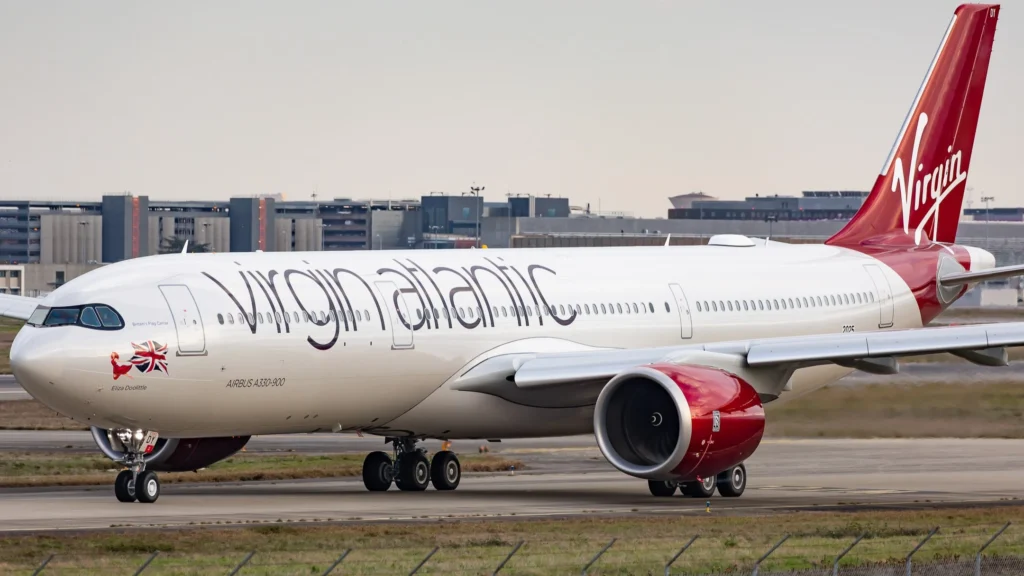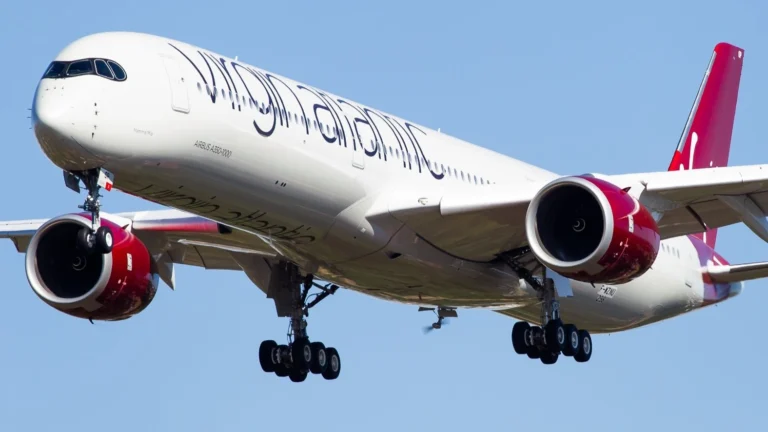LONDON- Virgin Atlantic (VS) announces strategic cargo flights between London Heathrow (LHR) and Brussels (BRU), Belgium operating from October 27, 2024, through March 29, 2025.
The service targets peak-season cargo demands, utilizing the airline’s Airbus A330-300 and A350-1000 aircraft.

Virgin Atlantic Cargo Flights
Each flight will offer a substantial cargo capacity of up to 50 tonnes, focusing on time-sensitive shipments including perishables and pharmaceuticals. This air route provides a faster alternative to current truck-based transportation between Heathrow Airport and European hubs.
The service creates new opportunities for businesses to expedite imports and exports between Europe, the UK, and Virgin Atlantic’s broader network through enhanced air connectivity. Companies gain access to rapid transit options for time-critical cargo through this dedicated freight route.
Chief Commercial Officer Juha Jarvinen highlighted Virgin Atlantic’s previous experience serving Brussels during the Covid-19 pandemic. The airline’s familiarity with the route strengthens its ability to facilitate efficient cargo movement between Brussels, the wider European region, and Virgin Atlantic’s extensive network via London Heathrow.
Virgin Atlantic’s new London-Brussels cargo service deviates from the airline’s traditional passenger-focused business model, marking a significant operational shift.
The airline currently operates cargo services only alongside passenger flights, except during the pandemic period.
The airline has a fleet of 44 widebody aircraft, which includes 17 Boeing 787-9 Dreamliners, 12 Airbus A350-1000, eight A330-300, and seven A330-900.

Cargo Flights to Retain Slots
Operating dedicated cargo flights using passenger aircraft presents economic challenges, particularly without cabin modifications. The aircraft’s passenger seating configuration remains unchanged, potentially limiting the service’s cargo efficiency and profitability.
Existing passenger flights between London and Brussels already provide cargo capacity through their belly holds. British Airways (BA) could potentially meet increased cargo demand by upgrading to wide-body aircraft on existing routes, combining passenger and cargo services more efficiently.
The timing and nature of this service suggest a possible strategic connection to Heathrow Airport’s slot management policies. Under “use it or lose it” regulations, airlines must maintain regular flight operations to retain valuable airport slots. Winter seasons typically see reduced passenger demand, making slot retention challenging.
This cargo service might serve as an alternative to “ghost flights” – empty aircraft operations conducted solely for slot retention. Airlines historically operate these minimal-service flights to maintain slot rights during low-demand periods.
Virgin Atlantic’s cargo initiative could represent a more productive approach to slot utilization while generating some revenue.
All Images including Feature photo by Clément Alloing (@CAlloing) / X
Stay tuned with us. Further, follow us on social media for the latest updates.
Join us on Telegram Group for the Latest Aviation Updates. Subsequently, follow us on Google News

